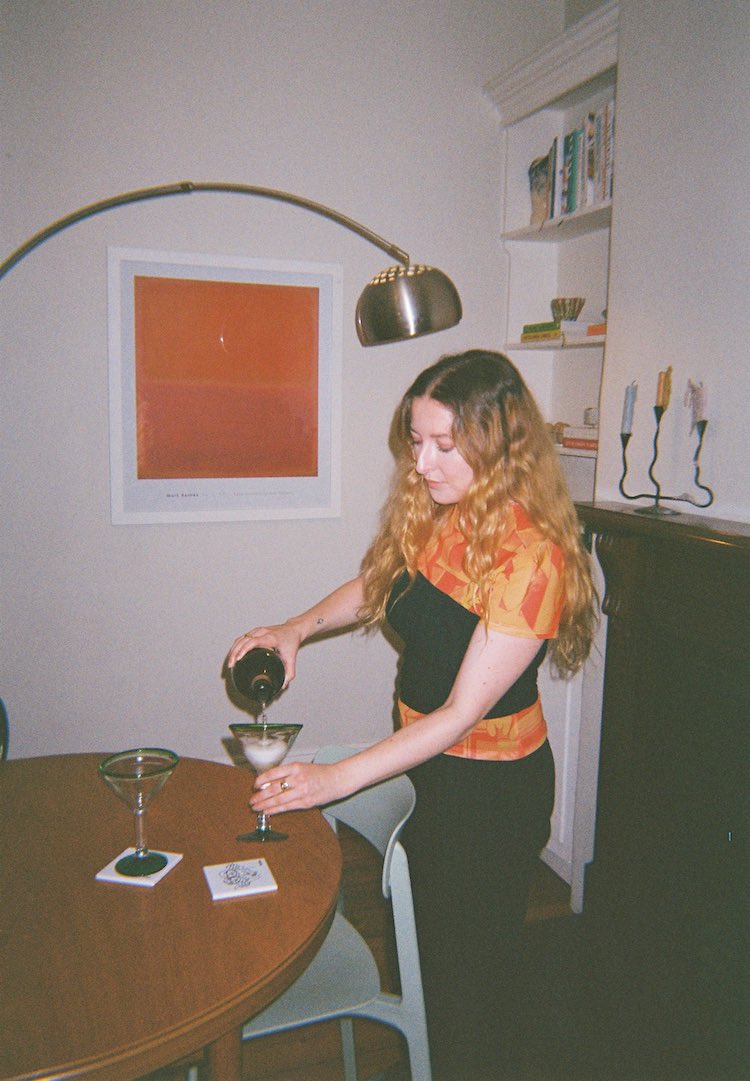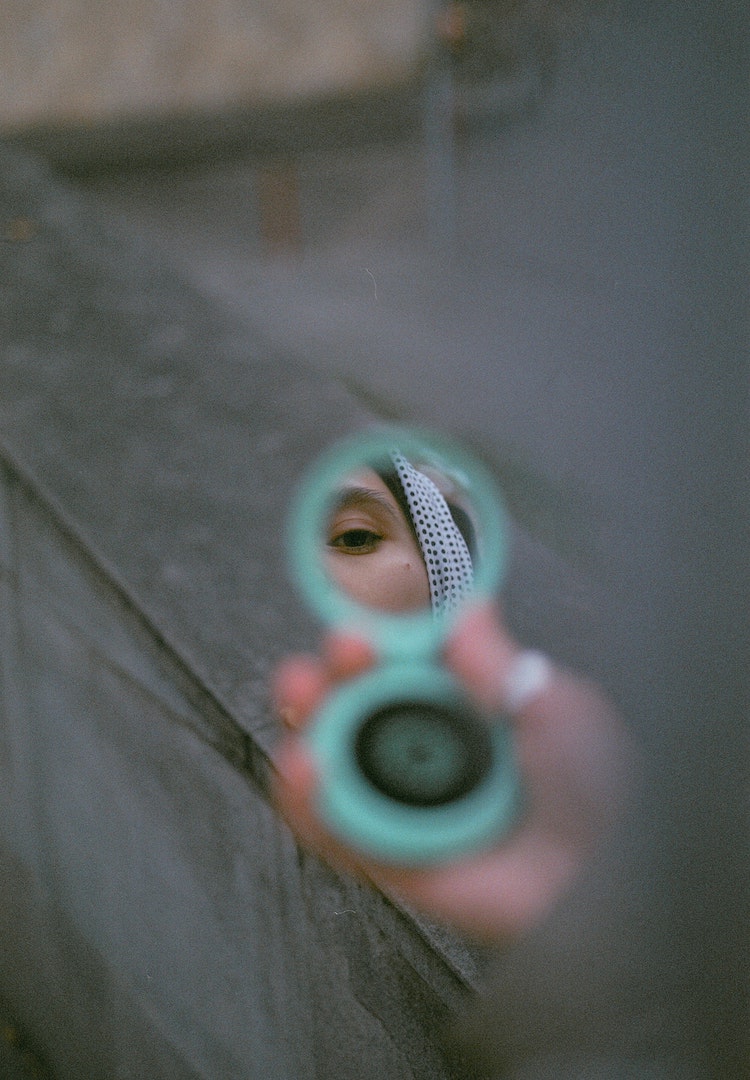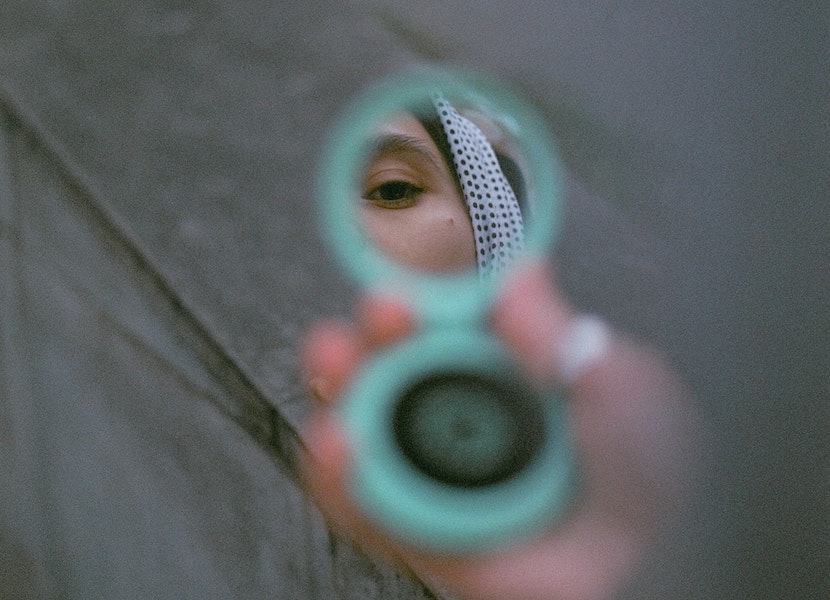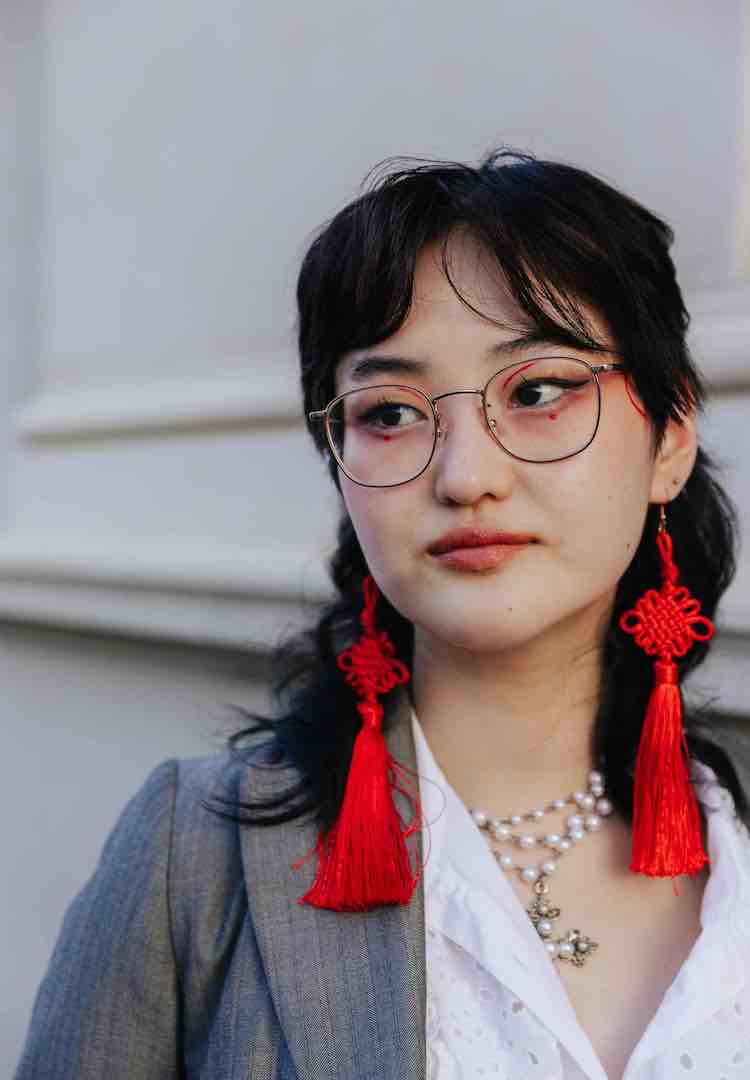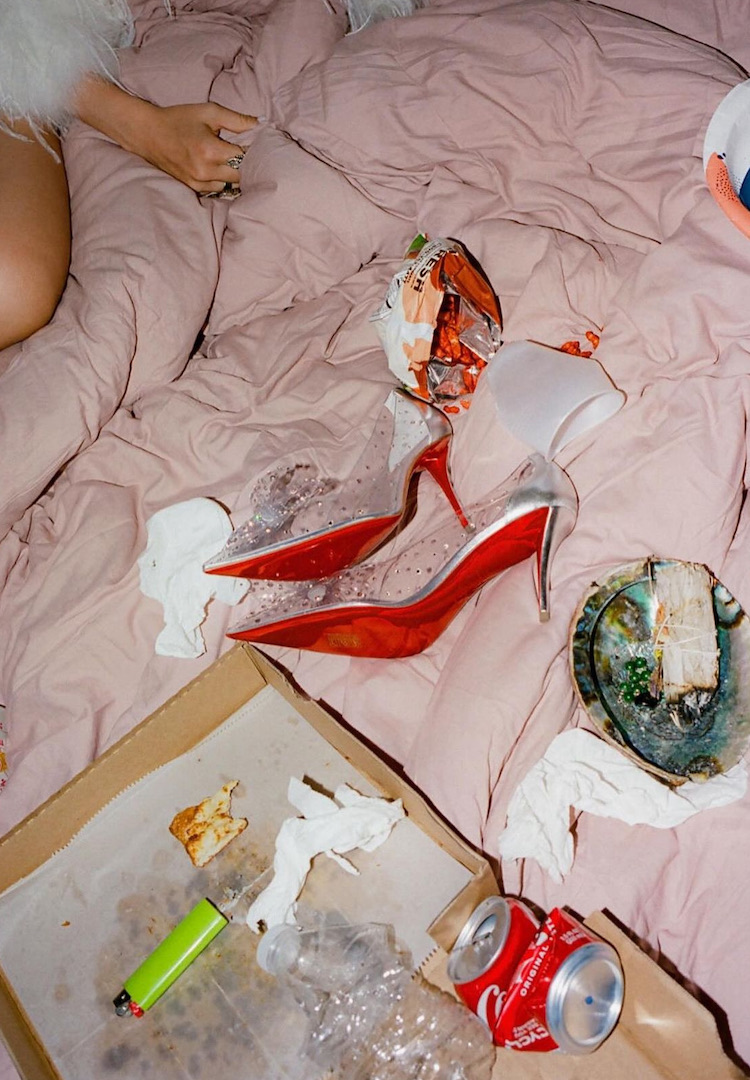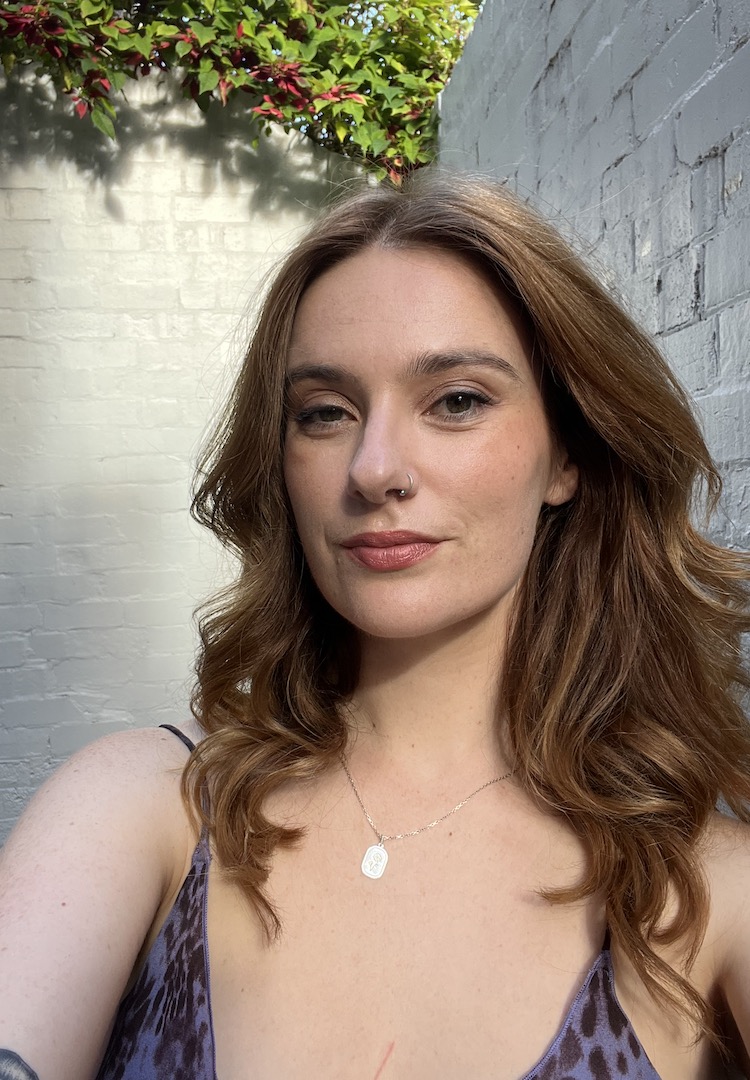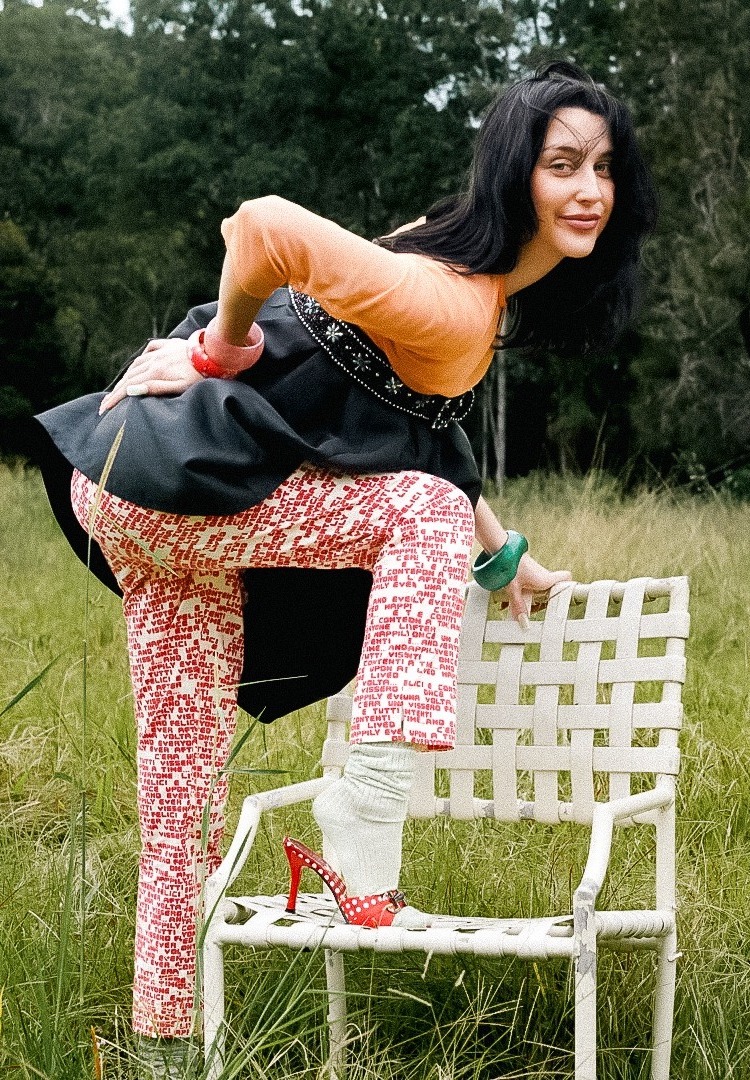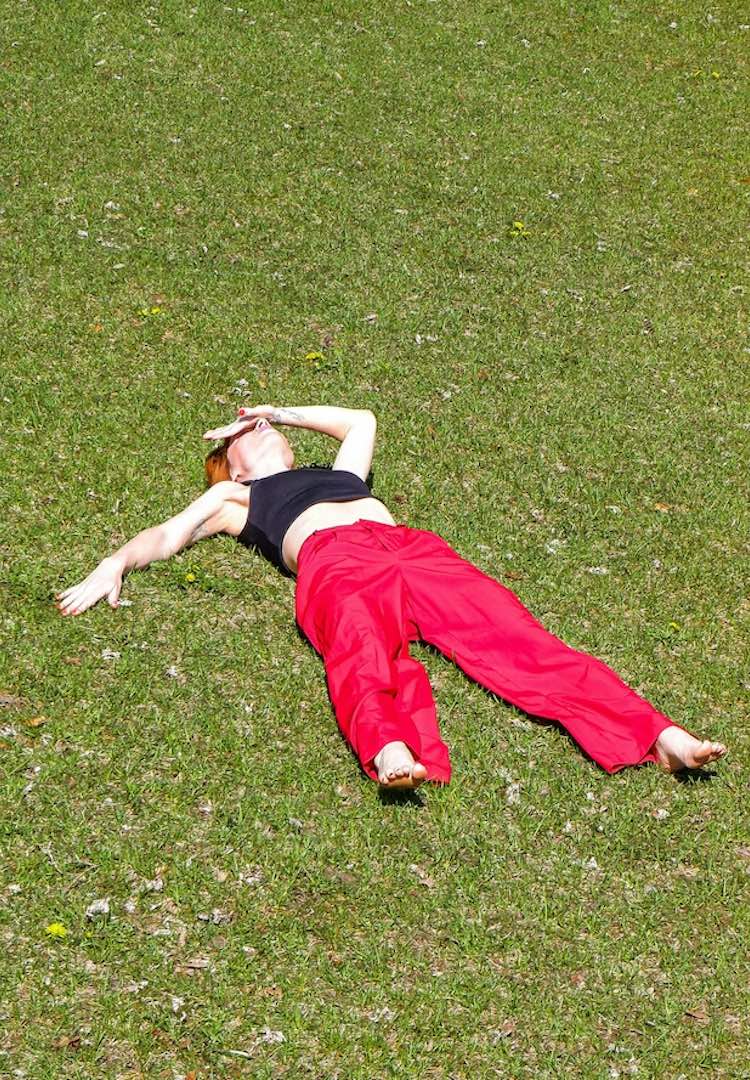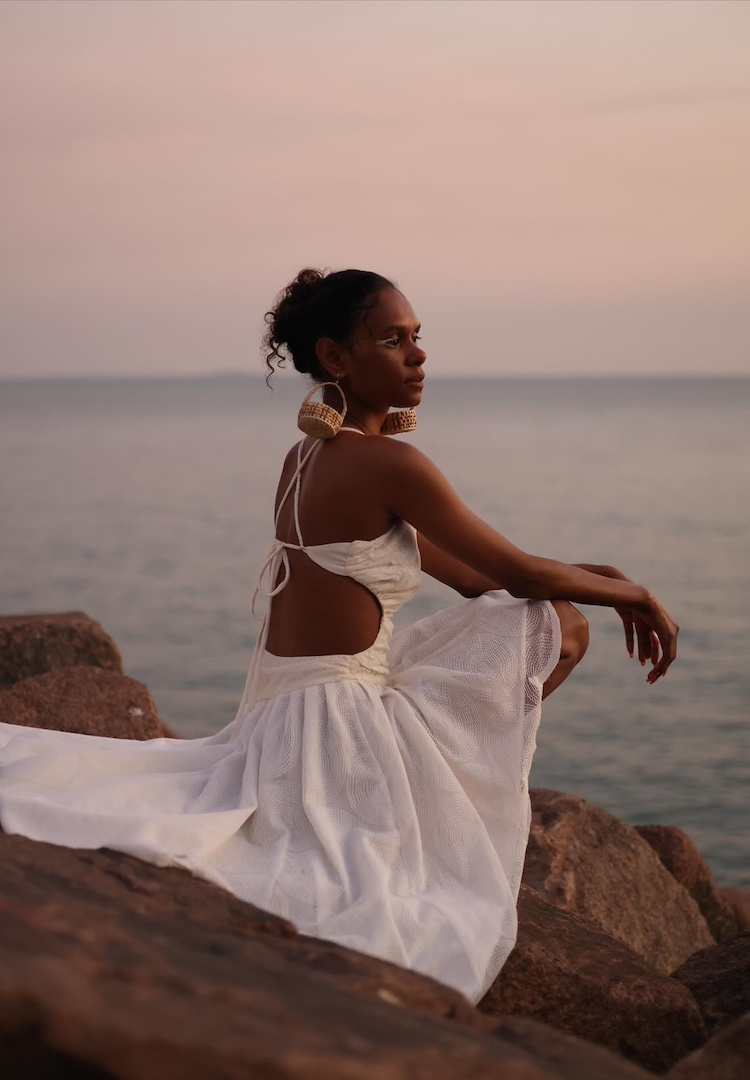My experience as a second-generation immigrant in Australia
Words by Deana Stepanian
“I grew up rejecting a lot of my culture, and spent the years after that wishing I hadn’t.”
My parents were children when they left Iran in the 1970s. My mum’s family left the country’s capital, Tehran, for London during the Iranian Revolution, while my dad’s family fled Arak, coming straight to Australia. Through photographs and stories told around steaming plates of food, I’ve only caught small glimpses of life back then.
Old but well-kept photos of my mum and her sister show them only in clothes made by my grandmother, who was a dressmaker at the time. They ate classic Iranian street food like sweet beetroot during winter and frolicked around the city, which on a clear day overlooked the Elburz Mountains. Other than these small shared memories, my perception of my family’s history is somewhat scarce.
Interested to hear how others navigate the world? Head to our Life section.
During the 1915 Armenian Genocide, thousands of Armenians fled the Ottoman Empire, taking refuge in what was then called Persia. My parents were considered Iranian-Armenian. The dialect we speak today is specific to its region, although my parents are both trilingual, speaking Armenian, Farsi and English, which still stuns me.
Like most immigrant or migrant families, my parents’ families sought out diasporic communities. Hundreds of Armenians from across the world gathered in Sydney, with tight-knit groups providing events like monthly dances and gatherings. That’s how my parents met.
There was always a focus on maintaining a connection to culture and language. When I was around three years old, I attended Armenian Saturday school with my siblings, and up until fourteen years old I took Armenian dance classes too. At the time, I resented my parents for forcing this onto me.
I was scrolling through Twitter recently and was drawn to a thread of conversations surrounding the topic of diaspora people. The writer originally said something about how diaspora kids focus too much on self-pity, instead of being grateful for having a privileged life.
I thought about this tweet a lot when writing this article. Robin Cohen’s theory of diaspora describes the Armenians as belonging to a group referred to as ‘victim’ diasporas. Alongside other minorities like the Palestinians, they shared a commonality; being traumatically dispersed from their original homelands.
So, for some diaspora people, intergenerational trauma is prevalent within their families. Aside from that, feelings of guilt, shame and longing are also attached to this experience. Sometimes it feels like you’re not accepted or like you’re not cultural enough for your community, and at other times it feels like you’re not Western enough for the country you live in.
As a little girl, I wanted to erase any features tied to my ethnicity. From prematurely shaving and waxing every inch of my thick black body hair, to buying a nose shaper that purported to dramatically shrink its size, I wished to look more like my White peers. As disheartening as it was, this was my reality for a long time.
I grew up rejecting my culture and I spent the years after wishing I hadn’t. I hated how, while I understood every conversation and word spoken in Armenian, I couldn’t form a single sentence myself. I regretted not spending more time understanding my culture’s rich history, especially as violence and protests began to break out in Armenia and Iran.
In 2021, a war took place in the Armenian region of Nagorno-Karabakh. With thousands of casualties, and Indigenous Armenians forcibly removed from their homelands, the news was hard to escape. I felt hopeless as I watched on.
I spent months feeling guilty and drained, posting information and resources online. It seemed no one else knew what was going on, and my attempts to get others’ support felt futile. Mainstream news wasn’t talking about it either, and when they did, I felt their reporting failed to be truthful.
This is often the case with conflicts and tragedies that happen in Southwest Asia and North Africa, which is the decolonised term for the Middle-Eastern region. In Western countries, the tragedies that occur in these regions have been normalised – people are desensitised to them.
I leaned on my family and childhood best friend, who is also Armenian, and found digital communities of support online. Like many people within the diaspora, I think I’ll always feel nostalgic for a home I never knew while being grateful for the one I have now. But after years of abandoning my roots, my connection to my culture has never felt stronger.
For more on the Armenian diaspora, head here.

